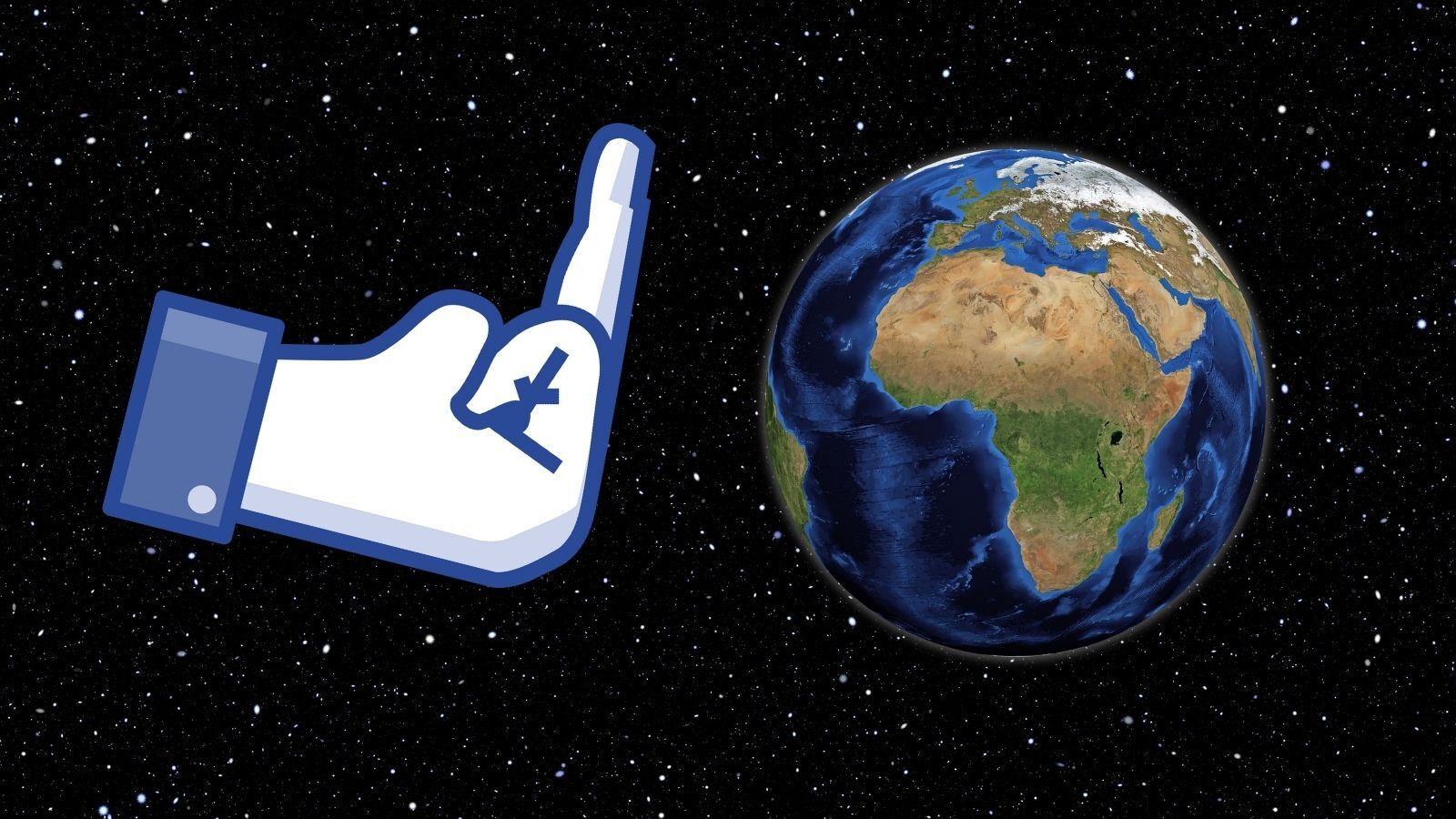
And, if you thought you had a bad time last night, spare a thought for the company (yes, really). The outage also took down Facebook’s internal services, trashing Workplace and making it that much harder for the social network to get its services back up and running.
What happened to Facebook
. @Facebook DNS and other services are down. It appears their BGP routes have been withdrawn from the internet. @Cloudflare 1.1.1.1 started seeing high failure in last 20mins.
— Dane Knecht (@dok2001) October 4, 2021
There were many theories as to the cause of last night’s social media outage. The official line from the company is that the issue was caused by “…configuration changes on the backbone routers that coordinate network traffic between our data centers,” without getting much more specific. Hordes of network analysts with nothing else to do spent their time up to that point investigating as well, and the specific cause, according to Krebs on Security, was that the “…outage was caused by a routine BGP update gone wrong.”
Worse still, because the outage took out Facebook’s internal systems, “…the errant update blocked Facebook employees — the majority of whom are working remotely — from reverting the changes.” Even those with access to physical hardware were hampered by the crashed internal systems. Cloudflare has a much more technical analysis of what happened if you’re really into Border Gateway Protocol.
Why integrating all of Facebook’s services is a bad idea
This isn’t the first time the three largest time-wasters on the internet (the fourth largest is Jerry, that guy who never has his work done on time) have gone down. For many of us, the outage was little more than an inconvenience, but Zuckerberg’s network has evolved considerably over the last few years. The eventual aim is to combine everything it offers into a single platform, one that connects people, serves ads, lets businesses talk to customers, facilitates shopping and dating and streaming video, and also lets people virtually interact. It’s Zuckerberg’s Metaverse idea, and this outage shows why it’s a terrible one.
One of the driving forces that created the internet was the idea of a communication system that could survive catastrophic events — like a nuclear attack. Whether, like various regulators, you believe that Instagram and WhatsApp should be unbundled from their parent company or you’re fine with Zuckerberg’s plan to be everything on the internet, the fact remains that Facebook, as it is now, is far more vulnerable than you might have thought. A single faulty update caused a worldwide communication blackout. It wasn’t just missed status updates — companies lost money and, as a result, families suffered.
Read More: Three messaging app alternatives to WhatsApp.
There’s nothing to say that Facebook will experience another outage like this. If anything, they’ll become more vigilant than ever after last night’s events. But having so much dependent on a single source is never a good thing. Yes, users could have downloaded Telegram or Signal and carried on communicating, but if Zuckerberg achieves his ambitions, much more of how the world works will be tied to a single system that he controls. And a single mistake there can have far-reaching consequences for much of the rest of the world.